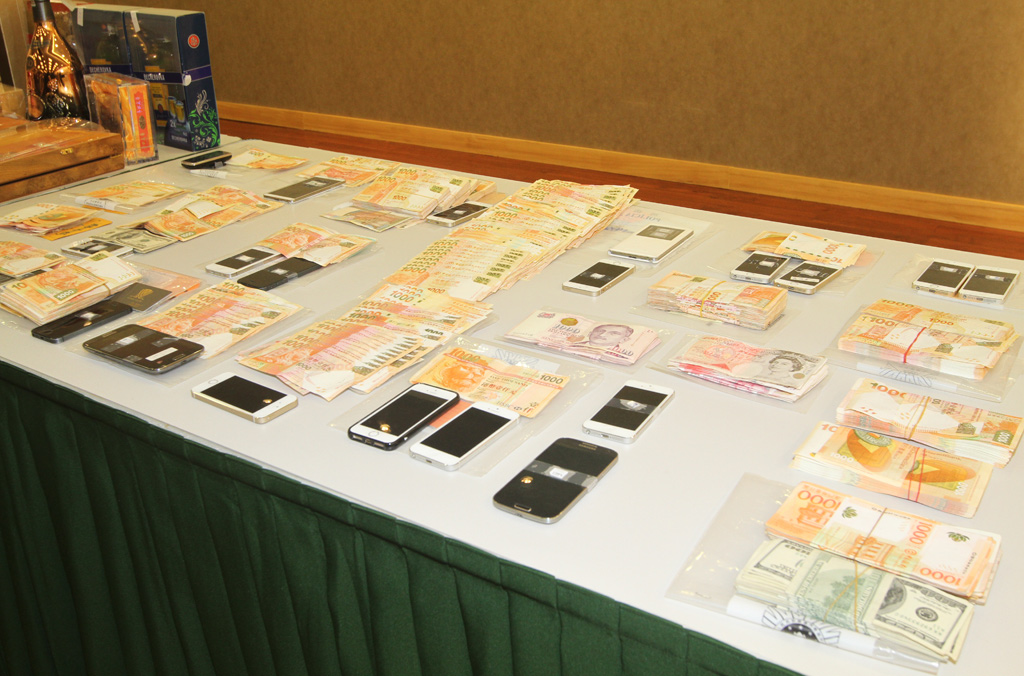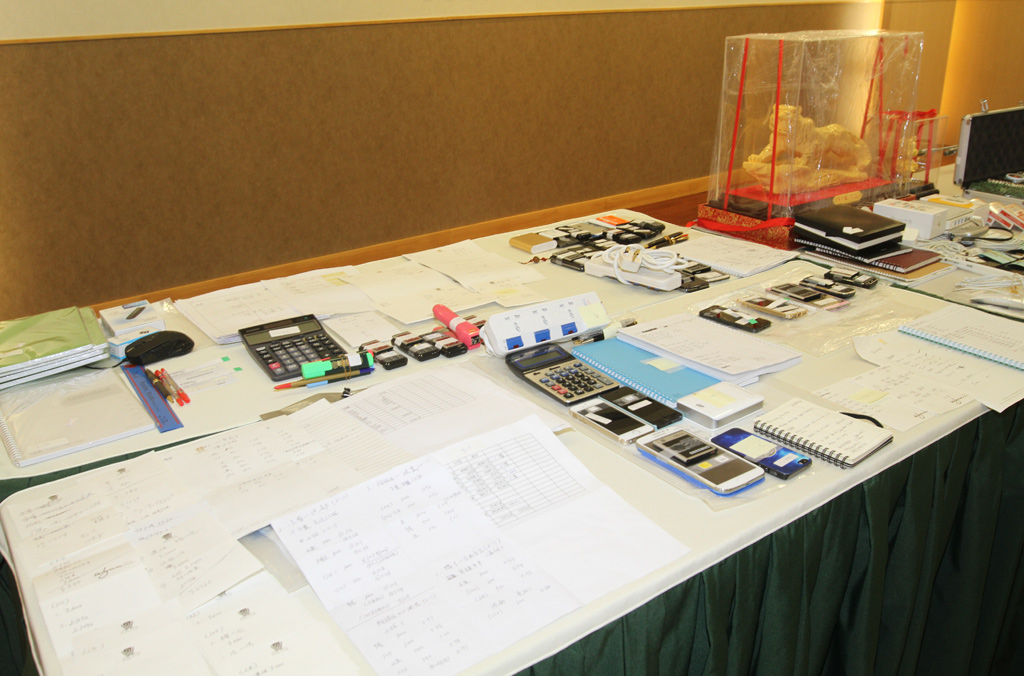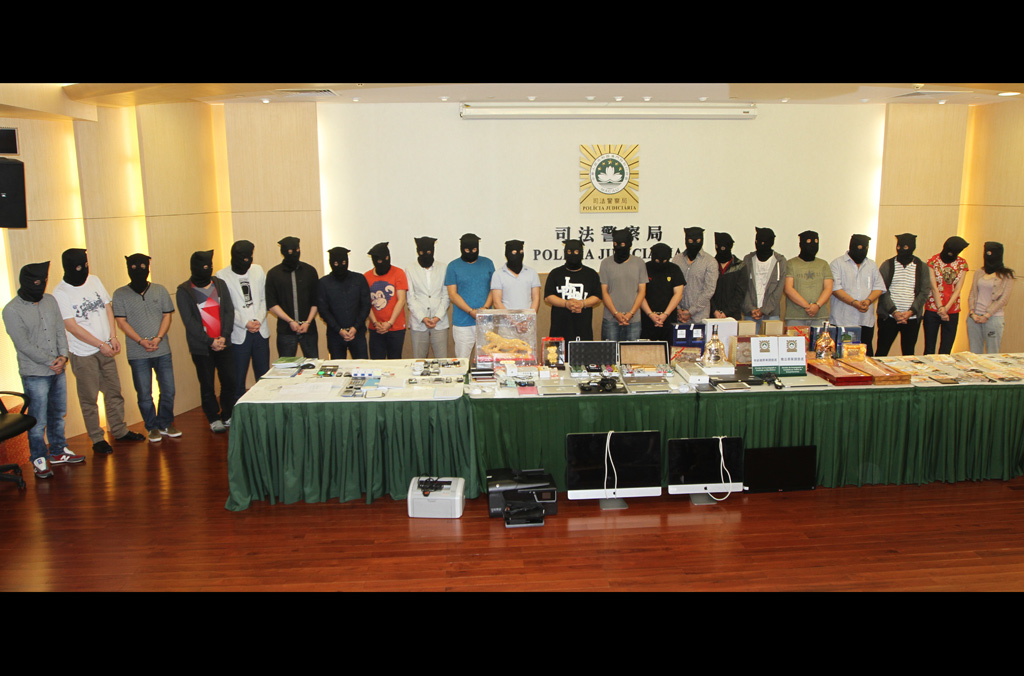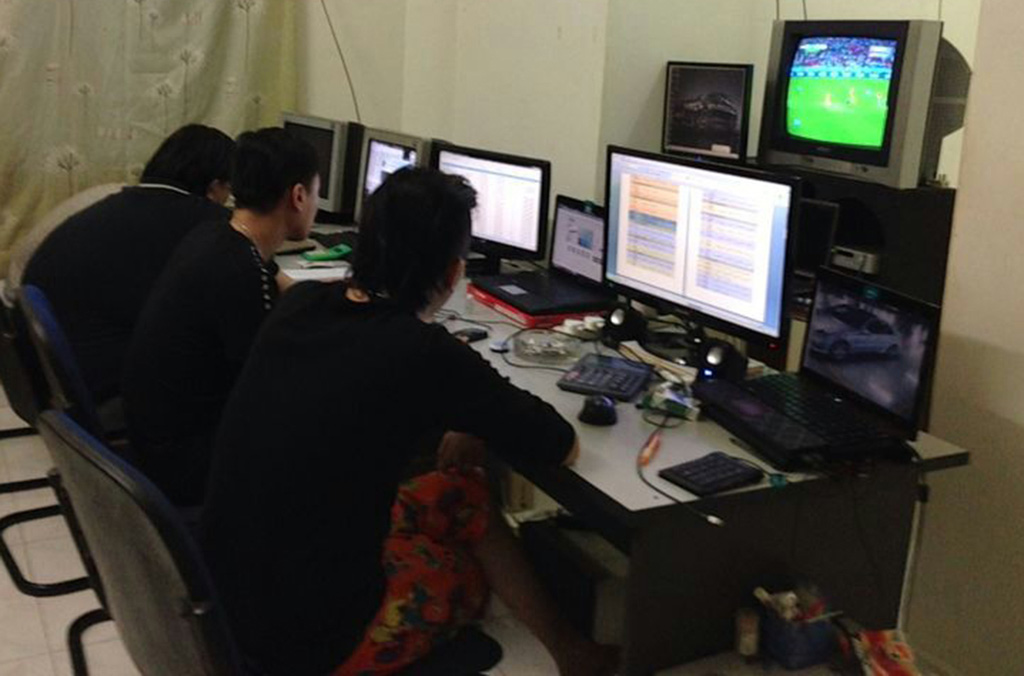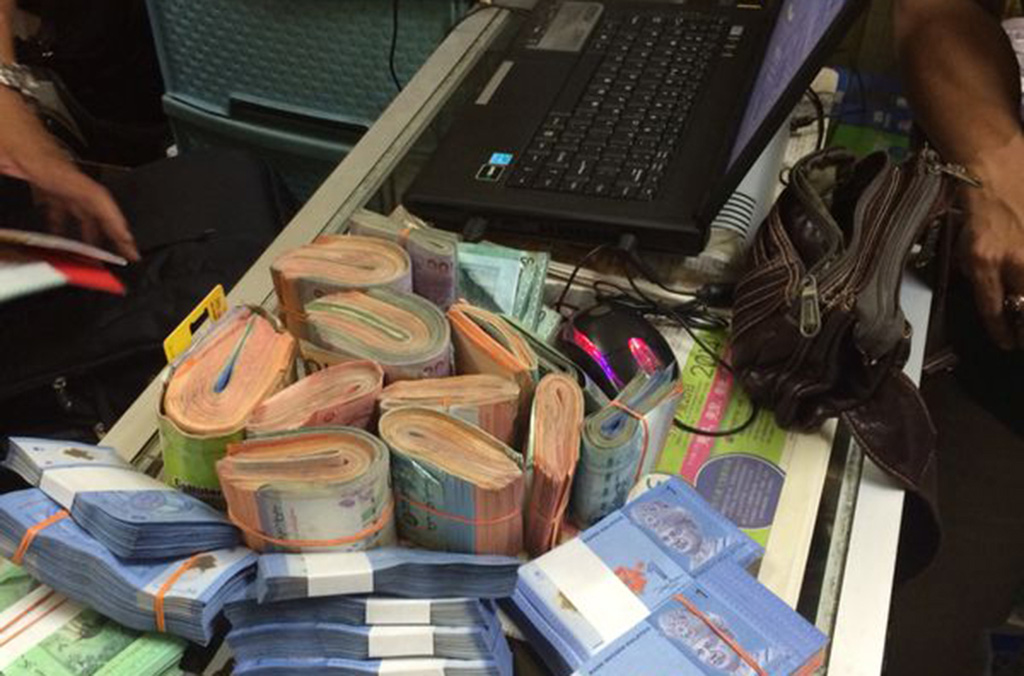LYON, France – An INTERPOL-coordinated operation targeting illegal soccer gambling networks across Asia during the 2014 FIFA World Cup has resulted in more than 1,400 arrests and the seizure of almost USD 12 million.
During the six-week operation, law enforcement officers from China, Hong Kong (China), Macao (China), Malaysia, Singapore and Vietnam carried out more than 1,000 raids on illegal gambling dens – many controlled by organized crime gangs – estimated to have handled around USD 2.2 billion worth of bets, the majority through illicit websites.
Operation SOGA V – short for soccer gambling – was the fifth action of its type since 2007 and was timed to target illegal soccer gambling activities from 1 June to 13 July, ahead of and during the 2014 FIFA World Cup.
Coordinated by INTERPOL’s Criminal Organizations and Drugs unit and its Liaison Office in Bangkok, Operation SOGA V brought together officers from INTERPOL National Central Bureaus and other law enforcement agencies in the participating countries.
During the operation officers also seized computers and mobile phones which will be analysed to identify the potential involvement of other individuals or gangs across the region and beyond.
“The results of this latest Operation SOGA are significant in relation to the volume of bets being handled by these illegal gambling dens, as well as the number of arrests,” said Jean-Michel Louboutin, INTERPOL’s Executive Director of Police Services.
“Illegal gambling generates massive profits for organized crime networks which are often linked to corruption, human trafficking and money laundering, which is why a coordinated international response is required to tackle this type of crime.
“Operation SOGA V would not have been such a success without the hard work of the law enforcement authorities on the ground. INTERPOL will continue to support their efforts in identifying and dismantling the crime networks at the national, regional and global levels,” concluded Mr Louboutin.
A meeting and training workshop involving participating countries and jurisdictions, in addition to representatives from the INTERPOL Asia Pacific Expert Group on organized crime, were held ahead of the operational phase.
The combined five SOGA operations have to date resulted in more than 8,400 arrests, the seizure of almost USD 40 million in cash and the closure of some 3,400 illegal gambling dens which handled almost USD 5.7 billion worth of bets.
With the organized crime networks behind illegal gambling dens often funneling their profits into other crimes including human and drugs trafficking, raising awareness of these hidden links is a key part of INTERPOL’s Turn Back Crime campaign.
The campaign aims to highlight the dangers of organized and other forms of crime and to engage the private sector and the public, making them aware of the very real effects crime has on individuals’ lives.




